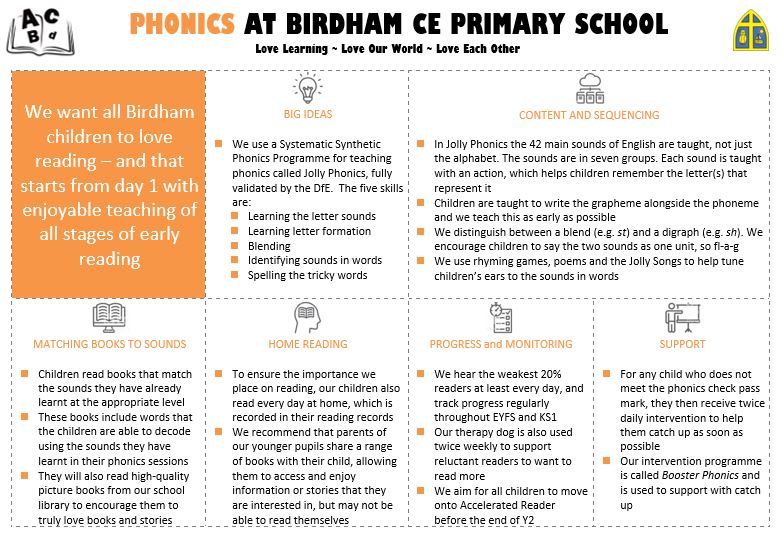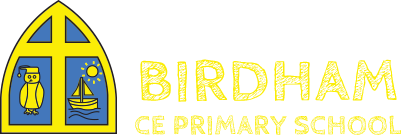English
Teaching and learning in English integrates the three core areas of the English curriculum, Speaking and Listening, Reading and Writing; where possible Birdham’s English curriculum ‘hangs’ from high quality children’s literature that were hand selected by our experienced teachers after extensive research into popular children’s literature. Furthermore, the texts have been specifically chosen to ensure that the characters, settings and genres reflect the diverse range of backgrounds that the children may encounter. Additionally, where possible, our teachers make cross-curricular links during English lessons to other foundation subjects.
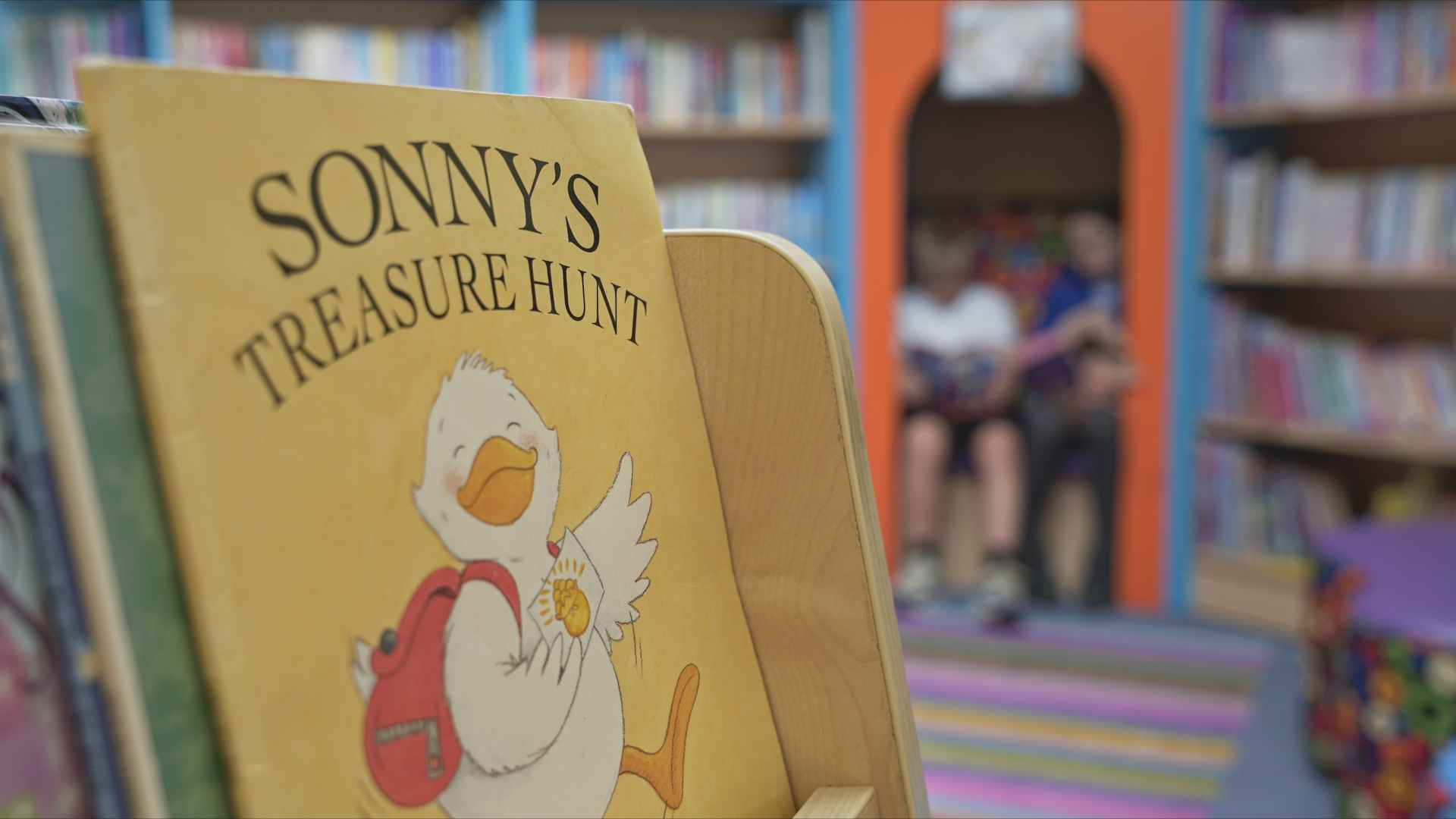
During Key Stage 1, pupils begin to become fluent and confident readers and this is where Birdham start to sow the seeds for a love of reading. Birdham’s teachers do this by reading to the children every day multiple times, celebrating story times, celebrating books, using stories as a way to understand real-life problems and initiate difficult topical conversations. More importantly, we talk about books with genuine excitement and enthusiasm. You can find out more about how Birdham teach a love of reading in Birdham’s ‘How to Develop a Love of Reading’ document.
In teaching early reading, Birdham use the fully validated Systematic Synthetic Phonics programme, Jolly Phonics. All children in Early Years and Key Stage 1 take part in high quality phonics sessions at least 5 times a week. Birdham chose Jolly phonics as our phonics programme, because, like Birdham, Jolly Phonics recognise the importance of early reading and that reading is the most important skill children will learn during early schooling and has far-reaching implications on their life-long confidence and well-being. Jolly Phonics also, expertly and skillfully integrate the three core features of good phonics teaching and learning into all of their sessions; the sound (phoneme), the letters required to convey the sound (grapheme) and the movement required to make the letters.
In writing, Key Stage 1 children focus on writing simple phrases that lead onto writing sentences and sentences that link. Children are at the early stages of learning and realising that their writing conveys meaning, and others can gain enjoyment and interest from their ideas and creativity.
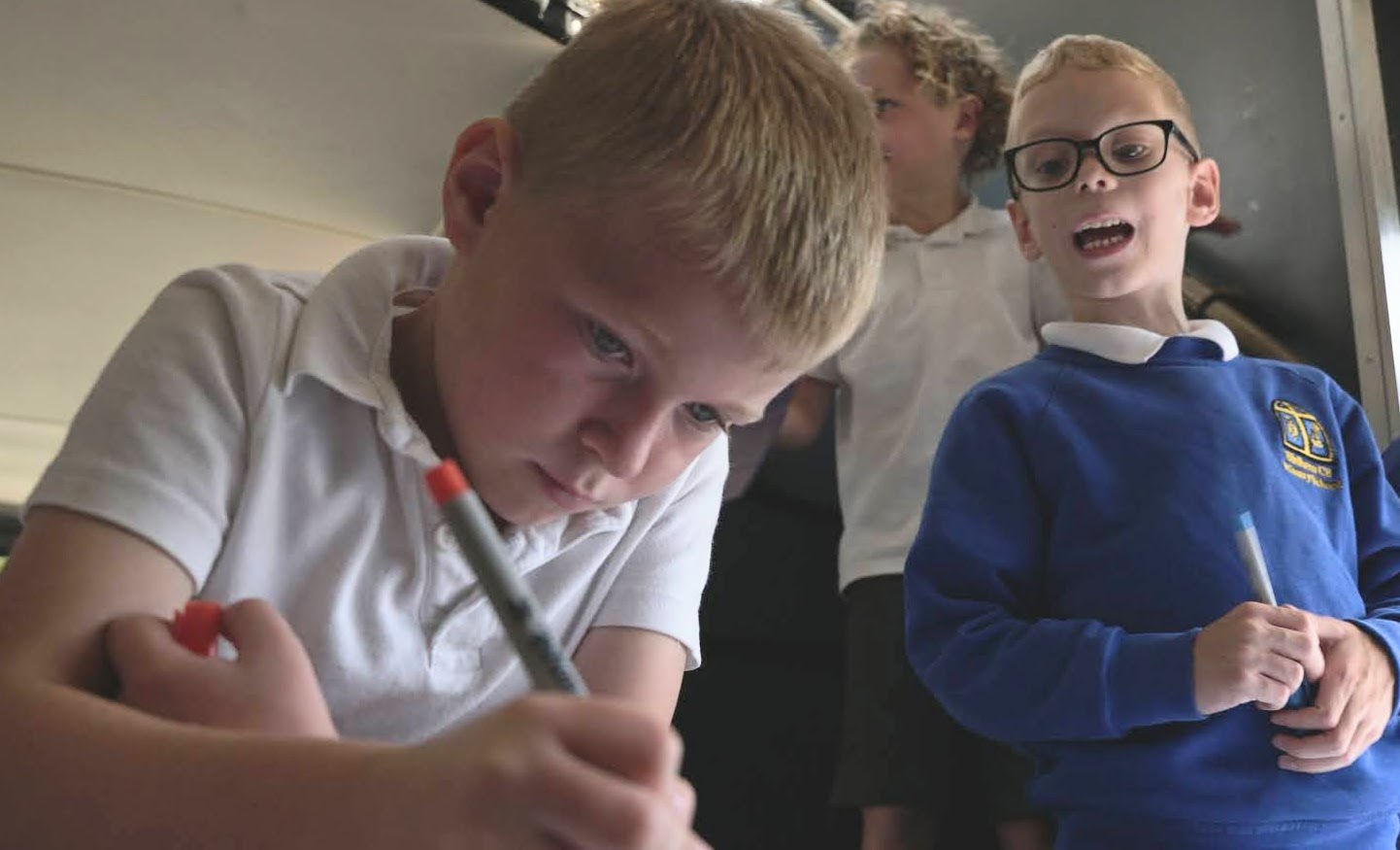
In Key Stage 2, children are taught and encouraged to play with communication and language more; children are exposed to different ways or speaking and writing that are suitable for different audiences, purposes and situations. Birdham’s pupils read a range of texts and in whole class discussions explore the different layers of meaning that stories have and the techniques authors use to hook in the readers – children are then taught to use these techniques in their own writing.
Birdham’s Key Stage 2 children are given reading time, in addition to their daily English sessions, to allow children to fully immerse themselves in their own reading world – during which, teachers and other adults will be reading 1 to 1 with children. In reading, Birdham uses Accelerated Reader (AR) to track pupils reading ability and to motivate children to read more, know more and remember more. Birdham utilises AR’s tracking systems to create bespoke and innovative reading competitions that encourage children to read more at school and at home.
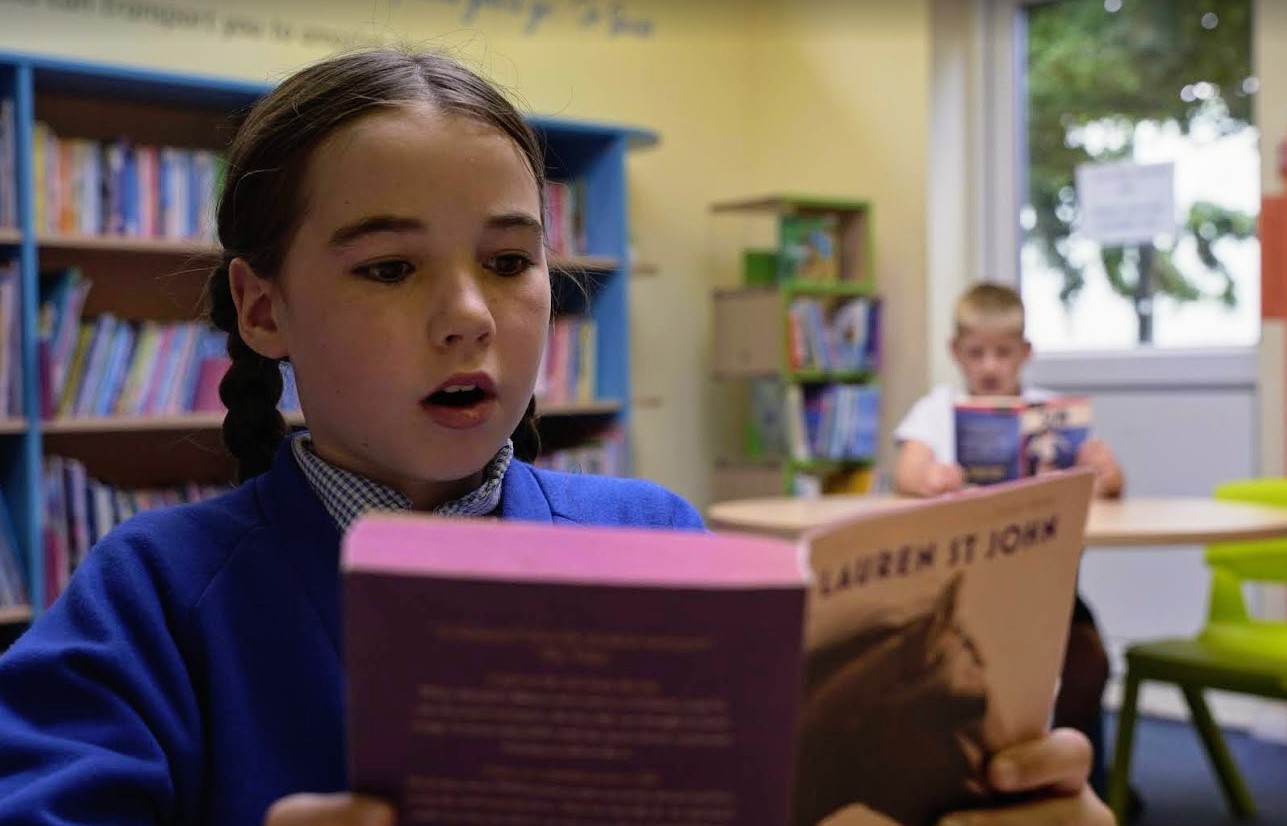
In writing, children are taught that writing is both essential to thinking and learning, and enjoyable in its own right. Birdham do this by providing children opportunities to write for specific purposes and/or to achieve certain tasks, but also children are given time to write with complete freedom (we call it Writer’s Burst) and produce work of length which often surpasses the expectations of the teachers and the children themselves!
How to Develop a Love of Reading
How to Develop Reading Fluency
